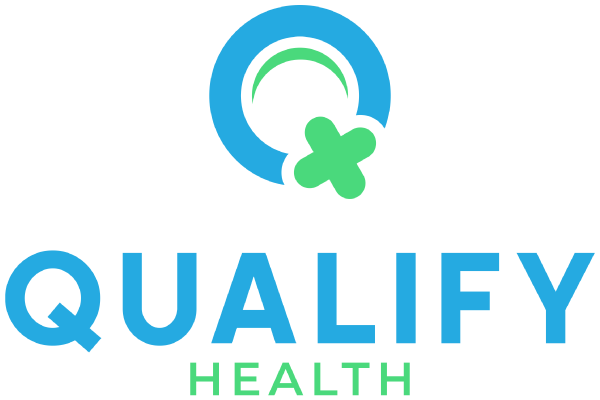Blog Introduction: Health equity disparities are pervasive and have significant implications on the health and well-being of individuals. These disparities have been attributed to a variety of factors, including financial inequity, lack of access to quality health care, and inadequate public policies that fail to address the needs of marginalized communities. Financial advocacy is a tool that can be used to help reduce these disparities by ensuring equitable access to healthcare services. In this blog post, we will discuss how financial advocacy can help bridge the gap between those who need healthcare services and those who are able to receive them.
What is Financial Advocacy?
Financial advocacy is an approach that focuses on increasing access to healthcare services for those who cannot afford them or do not have insurance coverage. This includes providing resources such as scholarships, grants, direct subsidies, or other forms of financial assistance that can help patients pay for medical expenses. It may also include helping patients navigate the complex world of insurance coverage so they can receive the care they need without going into debt.
Benefits of Financial Advocacy
Financial advocacy has many benefits for both patients and providers alike. For patients, it increases access to care by reducing out-of-pocket costs and making it easier for them to get the care they need without having to worry about how they will pay for it. For providers, it ensures that all patients are treated equitably and that no one is denied care due to their inability to pay. It also helps providers ensure higher levels of patient satisfaction since their patients will be more likely to complete recommended treatments if they don’t have to worry about paying for them out-of-pocket. Furthermore, financial advocacy has been shown to improve overall health outcomes by reducing delays in treatment due to cost considerations or lack of insurance coverage. This means that by investing in financial advocacy programs, providers can ensure better health outcomes while also improving patient satisfaction rates.
In Summary, Financial advocacy is an important tool in helping reduce health equity disparitiesBy searching for ways that providers can help source financial assistance directly related to medical expenses, you help to ensure equitable access to healthcare services regardless of a person’s income level or insurance coverage status. This not only improves patient satisfaction but also leads directly leads improved overall health outcomes due reduced delays in treatment caused by cost considerations or lack of insurance coverage. All healthcare providers and hospital executives should look at ways in which their organizations can implement programs to maximize the sourcing of financial advocacy as part of their efforts towards promoting equity in healthcare services across all communities affected by these disparities .

